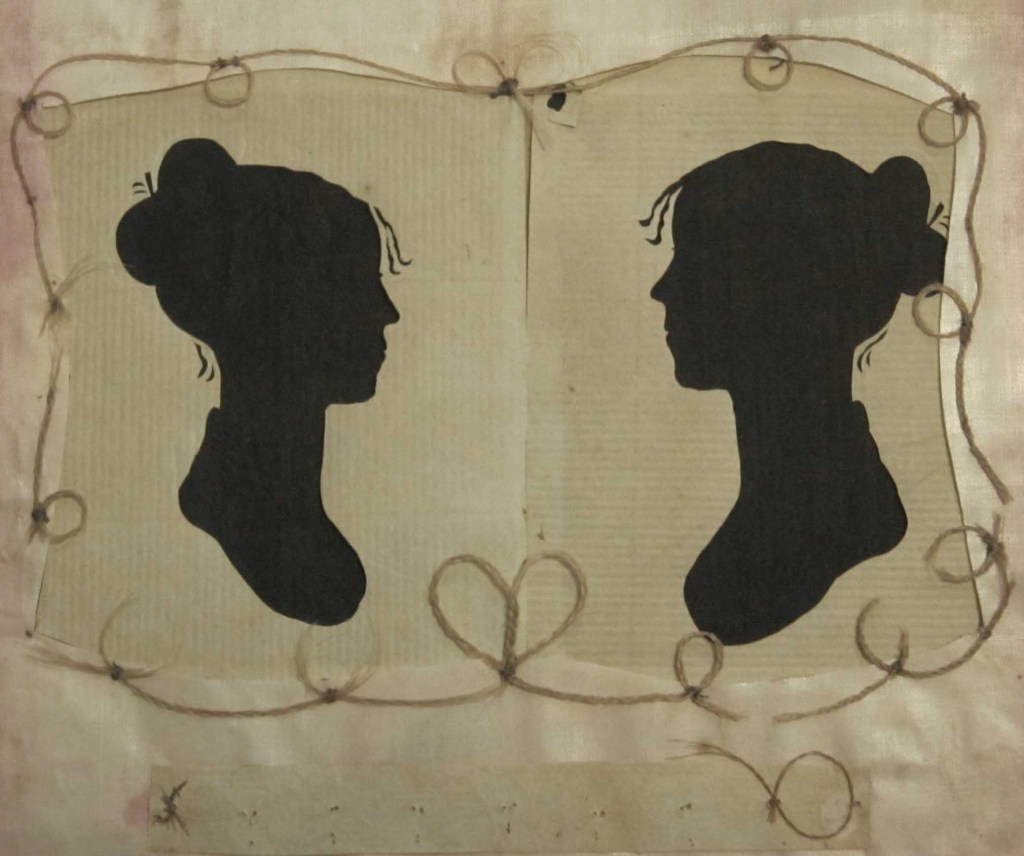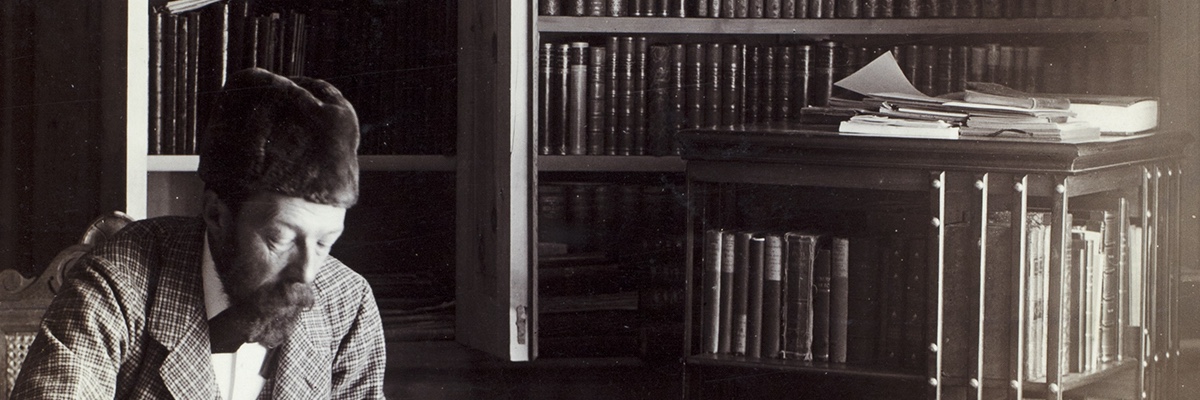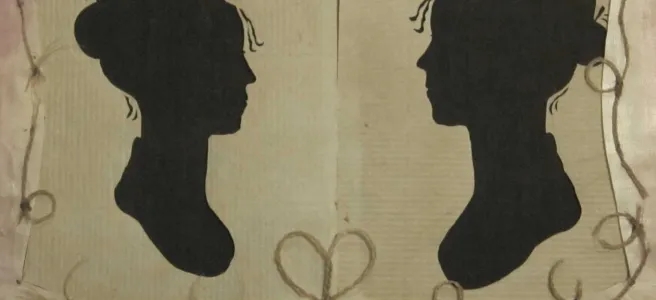John Addington Symonds writes both sexologically and nostalgically in A Problem in Greek Ethics and his Memoirs. He approaches same-sex desire from an analytical angle while also inviting readers to luxuriate with him in an appreciation of antiquity. By way of these seemingly oppositional techniques, he engages with same-sex relationships in a way that both explicates their historical receptions and enjoys their romances. This approach persists in the 21st century, with scholars including Nancy F. Cott and Rachel Hope Cleves favoring Symonds’ techniques in their contemporary explorations of same-sex desire.
Symonds begins this work in A Problem in Greek Ethics, in which he speaks of the acceptability of same-sex desire in Ancient Greece: “the tale of Achilles and Patroclus sanctioned among the Greeks a form of masculine love.”1 He arrives at this point through the analysis of “the paragons of heroic virtue”2 relied upon by Homer and other famous Greeks, and Symonds remarks, too, that
in Greek history boy-love, as a form sensual passion, became a national institution.3
He thus roots his work in formal, sexological scholarship as a necessary basis for his desire for this Greek past.
His Memoirs, then, editorialize his scholarship by providing relevant information about his identity and illustrating a yearning for space in which to express his desires, and he refers back to the concept of masculine love in discussing his sexuality:
I am more masculine than many men I know who adore women. I have no feminine feelings for the males who rouse my desires.4
Although he understands that his desires remain fixed in masculinity, he must confront theories from his contemporaries that founded same-sex relationships in “effeminate desire”5 and “the theory of a female soul.”6 By quickly negating these possibilities in his life with the declaration that these hypotheses are simply not true, he alludes to his study of the acceptance of masculine love and sensual passion between men in Ancient Greece. This brief intimation of a longing for a past time maintains Symonds’ characteristic analytical arc, though, for he is careful to base even claims about his personal life in the strict analysis of memories, letters, and thoughts.
Nancy F. Cott in Public Vows: A History of Marriage and the Nation, a seminal text in the Obergefell v. Hodges civil rights case in 2015, historicizes same-sex relationships in the United States in a manner much like Symonds in A Problem in Greek Ethics. She claims in this work that
marital behavior always varies more than the law predicts7
and that this habitual deviance creates space within the institution of marriage for more forms of marriage than only a religious, heterosexual one. The actual work, like A Problem in Greek Ethics, does not largely engage with the present but rather seeks to elucidate the existence of covert or deviant relationships in the past. The work’s use in the Ogerbefell v. Hodges case, then, fills the role of the Memoirs in that it is applied historically and analytically to the permissibility of same-sex relationships.
Likewise, Rachel Hope Cleves resembles Symonds’ Memoirs in Charity and Sylvia: A Same-Sex Marriage in Early America. The novel is largely structured around analysis of the correspondence between the two women in the early nineteenth century, and it is from this critical work that Cleves begins to dramatize the romantic relationship and illustrate the existence of same-sex marriage even before its legalization. This work, like Cott’s, yearns for the integration of same-sex relationships into legal doctrine and realms of social acceptability – the same social acceptability that Symonds, too, desired.

The seemingly opposing approaches – analytical and nostalgic – come together to emphasize the intrinsic emotion regarding the study of love. Symonds’ work, though itself directed at a time long before his own, continues to be reflected formally in work surrounding same-sex desire in the 21st century.
1. Ellis, Havelock, and John Addington Symonds. Sexual Inversion. (Wilson and MacMillan, 1897), 168.
2. Ibid., 168.
3. Ibid., 169.
4. John Addington Symonds, and Amber K. Regis, ed., The Memoirs of John Addington Symonds: a Critical Edition, (London: Palgrave Macmillan, 2016), 103.
5. Ibid., 103.
6. Ibid., 103.
7. Cott, Nancy F., Public Vows: A History of Marriage and the Nation. (Harvard University Press, 2002), 8.

